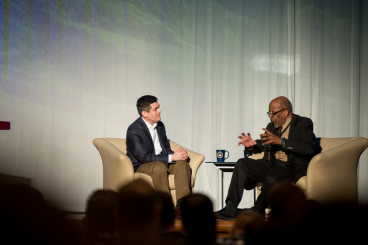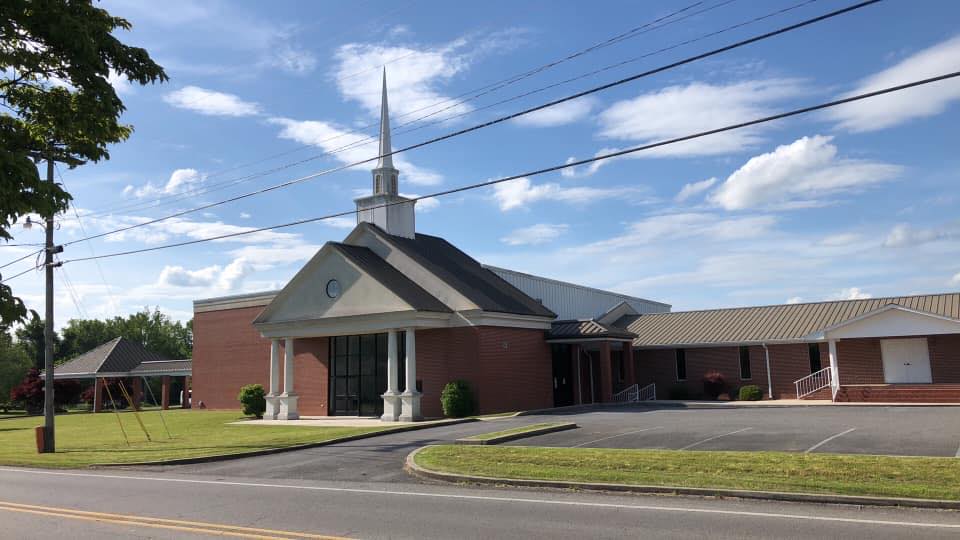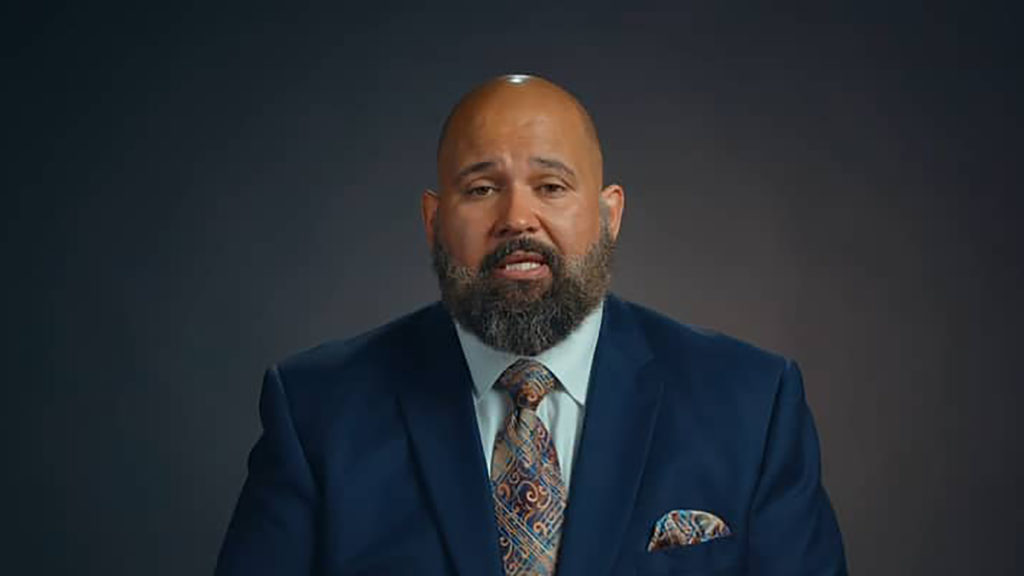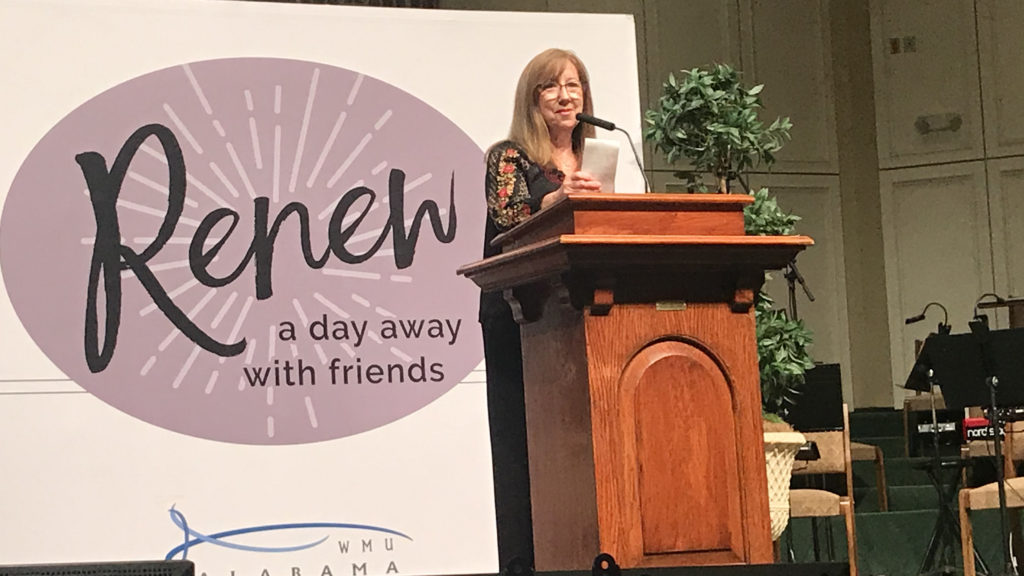Racial reconciliation in the Church calls for a strong view of the image of God in all people, a deep commitment to understanding others and an intentionality in achieving diversity, speakers said at “The Gospel and Racial Reconciliation,” a summit conducted by the Ethics & Religious Liberty Commission (ERLC).
Black, white and Hispanic pastors and leaders addressed participants March 26–27 at the summit in Nashville.
Longtime civil rights leader John M. Perkins told the audience of about 500, “I think that we are putting reconciliation back where it belongs — within the gospel itself.”
There is “no room in the gospel that minimizes its power [to reconcile],” Perkins said. “That’s supposed to be that ongoing miracle. They will know we are Christians by our love.
“I want to preach a gospel that is stronger than my black interests,” said Perkins, founder of the Christian Community Development Association. “I want to preach a gospel that is stronger than my economic interests — a gospel that can burn through these racial barriers and bring blacks and whites into the Kingdom.”
Probably the best way for racial reconciliation to be addressed from a gospel perspective, Perkins told participants, “is to develop multi-cultural churches and be absolutely intentional.”
Trillia Newbell, author and ERLC staff member, told the audience Jesus “gave me Himself. But what He didn’t do was strip me of my brown skin. He created me in His image. He has created us uniquely for our good and for His glory.”
Washington D.C. Pastor Thabiti Anyabwile agreed. He said believing the Bible’s teaching on God’s image in all human beings affects racial reconciliation.
“You cannot be a Christian renewed in the image of God and be indifferent to or opposed to reconciliation in the body of Christ,” he said. “The reconciliation flows necessarily from the saving and sanctifying work of the Lord. You can’t break those two things apart without breaking the cross.”
Anyabwile, pastor of Anacostia River Church, said racial reconciliation “must begin with our learning the habit of seeing each other as together made in the image of God and therefore possessing inestimable, unfathomable dignity and worth and preciousness.”
Pastors are pivotal in achieving racial reconciliation in churches, ERLC President Russell Moore said. They need to pray, preach and equip church members “to start being on mission together,” he said.
“[W]hat we need to have are pastors who are preaching and teaching the whole counsel of God and what it means to be reconciled to God and to be reconciled to one another,” Moore told the audience during a Q-and-A session.
Moore said Christians must realize racial reconciliation is about the gospel.
“The reason that we are here today is that these are not simply cultural issues, although they are. These are not simply political issues, although they are. These are not simply social issues, although they are. Above everything else, these are gospel issues,” Moore said.
It appears God is “giving us another chance to get this right, but in order to do that, we must repent, not just rebrand.”
Moore addressed the Southern Baptist Convention’s (SBC) history, noting 2015 is the 20th anniversary of the SBC’s racial reconciliation resolution. That 1995 statement expressed repentance for the convention’s past racism and asked African-Americans for forgiveness.
In Ephesians 3, Paul is saying “the Church is a living representation of the kingdom of God. If you want to know what the Kingdom looks like, you ought to be able to see it within the Church. The kingdom of God is not about coexistence. The kingdom of God is about reconciliation. And that reconciliation is within the Church,” Moore said.
Jim Richards, executive director of SBC of Texas, said Christians must repent of racism, pray for gospel oneness and act intentionally. “There is no silver bullet” to racial reconciliation, just a process, he said.
Suggestions for unity
Lee included the following in his suggestions for fighting for reconciliation and unity:
- “Don’t treat people who are different too different.
- “Don’t assume stereotypes.
- “Try not to flock with people who look like you all the time.
- “Intentionally look to understand. Go deep relationally. Ask questions.
- “You should ask yourself if you have assumptions about other races” and socio-economic groups.
Dallas megachurch Pastor Tony Evans told summit participants, “God wants you to embrace your uniqueness for the purposes of His kingdom, not to deny it. God is not asking you to like soul music, and thank God He is not asking me to like country and western (music).
“God is not asking you to be me or me to be you. He’s just saying both of us need to be like Him,” said Evans, pastor of Oak Cliff Bible Fellowship.
Other speakers included Kevin Smith, assistant professor of preaching at Southern Baptist Theological Seminary in Louisville, Ky.; Afshin Ziafat, pastor of Providence Church, Frisco, Texas; Fred Luter, pastor of Franklin Avenue Baptist Church, New Orleans, La.; H.B. Charles, pastor of Shiloh Metropolitan Baptist Church, Jacksonville, Fla.; Robert George, professor at Princeton University in New Jersey; Trip Lee, hip-hop artist and author; and Daniel Akin, president of Southeastern Baptist Theological Seminary in Wake Forest, N.C.
(BP)






Share with others: